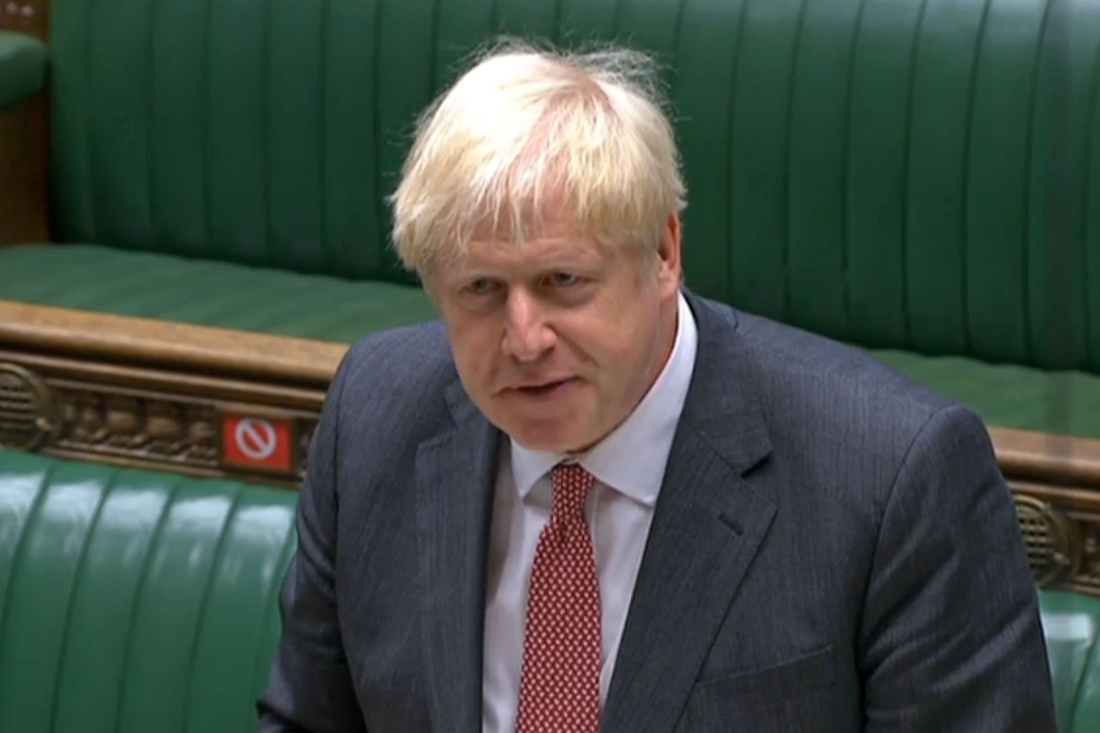Despite strong objections from Conservative party members and the EU, British Prime Minister Boris Johnson is firmly behind the controversial bill that is in conflict with the treaty that regulates the exit from the EU. He called on parliamentarians in the House of Commons on Monday to rally behind the law.
–
According to Johnson, the law is a ‘safety net’ and ‘insurance policy’ to preserve the political and economic integrity of the United Kingdom in the absence of a trade deal with the EU.
In the difficult negotiations about this, according to the prime minister, the EU threatens to block or impose high tariffs on the transport of food and agricultural products to Northern Ireland from other parts of the UK. “They threaten to cut through our country with tariff limits.” According to him, that ‘revolver’ should be taken off the table.
The so-called Internal Market Law is contrary to international law, Johnson confirmed, but according to him is necessary to ‘protect’ the country against the EU. Ministers can then take measures to ensure the free movement of goods to and from Northern Ireland.
The prime minister said he did not want the law to be invoked. According to him, a good free trade agreement with the EU can be concluded quickly, and then the powers provided for by law no longer need to be used.
Labor’s Edward Miliband heavily criticized the proposal, noting, among other things, the reputational damage to the UK. The opposition party will vote against, he said. Johnson’s Conservatives have a majority in the House of Commons, but several faction members have criticized. A first vote is expected to follow late in the evening on Monday.
The British are no longer bound by EU laws from 1 January. In the Withdrawal Treaty, the EU retains control over trade with Northern Ireland, partly to prevent checks from being carried out at the border with EU Member State Ireland.
–


